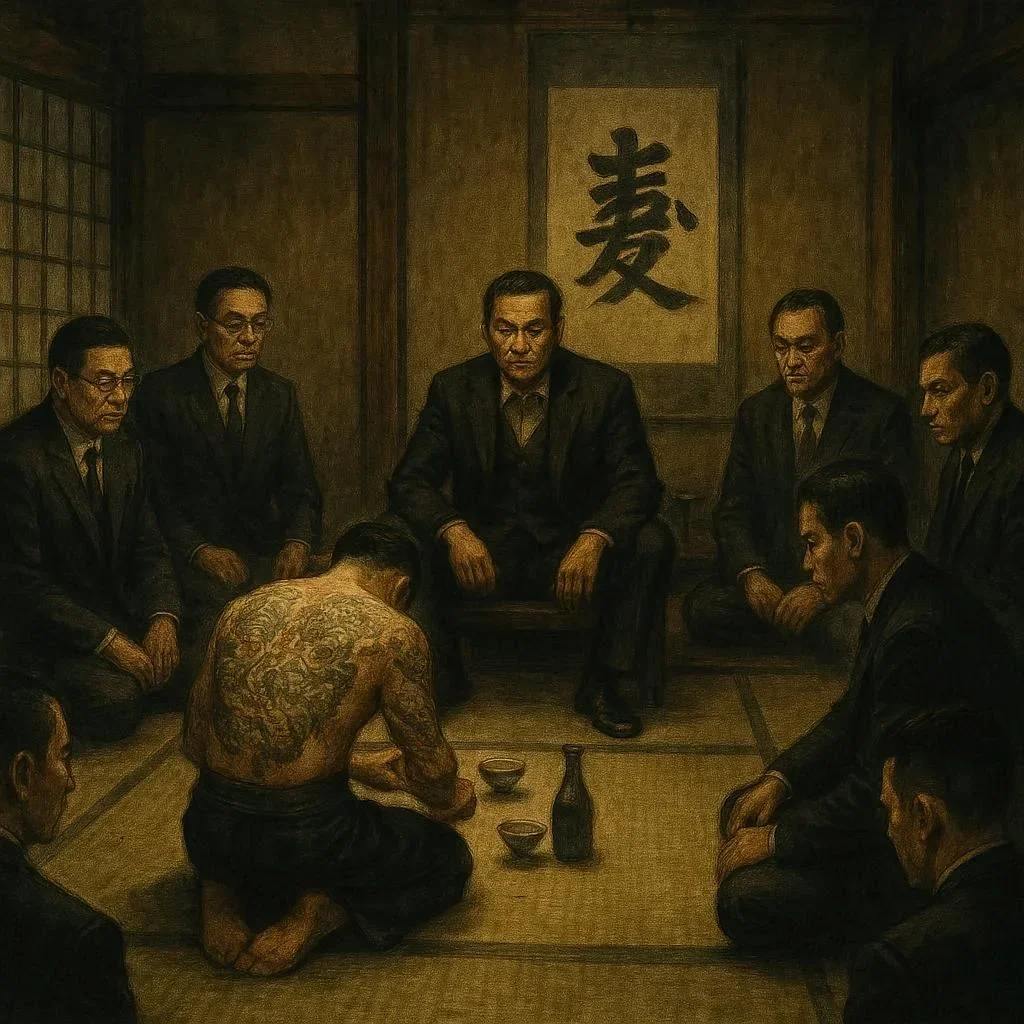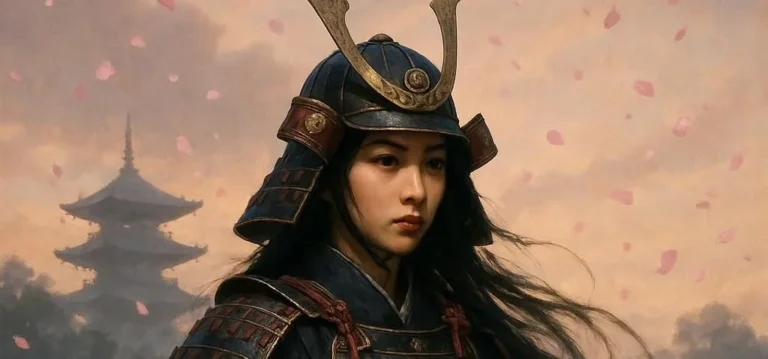504 views Exploring the Strategic Genius of Famous Samurai Leaders
Unveiling the Strategic Brilliance of Legendary Samurai Leaders
The samurai, Japan’s elite warriors, were not just skilled in combat but also masters of strategy, philosophy, and leadership. Their stories have captivated historians and strategists worldwide, offering invaluable lessons in tactics, discipline, and decision-making. In this blog, we delve into the strategic genius of famous samurai leaders and explore how their methods can inspire modern leaders.
The Essence of Samurai Strategy
The samurai were more than just warriors; they were philosophers, poets, and strategists. Their approach to warfare and leadership was deeply rooted in the philosophy of Bushido, a code of honor that emphasized courage, loyalty, and wisdom. This code shaped their strategic thinking and set them apart as unparalleled tacticians.
- **Bushido Philosophy**: A code of honor and conduct that influenced samurai strategy and decision-making.
- **Adaptability**: Samurai leaders were known for their ability to adapt to changing circumstances on the battlefield.
- **Discipline**: Their strict adherence to discipline was a cornerstone of their strategic success.
The Role of Strategy in Samurai Warfare
Samurai warfare was not just about brute strength; it was an art of deception, misdirection, and psychological manipulation. Famous samurai leaders understood that the battlefield was as much a test of wits as it was a clash of swords. They employed innovative tactics, such as the feigned retreat and pincer movements, to outmaneuver their enemies.
- **Feigned Retreat**: A tactic where samurai would pretend to retreat, luring their enemies into a vulnerable position.
- **Pincer Movements**: Surrounding and isolating enemy forces to create a strategic advantage.
- **Psychological Warfare**: Using misinformation and intimidation to weaken enemy morale.
Famous Samurai Leaders and Their Strategic Genius
1. Miyamoto Musashi: The Genius of Solitary Mastery
Miyamoto Musashi, one of Japan’s most iconic samurai, is celebrated not only for his unmatched swordsmanship but also for his strategic brilliance. He won over 60 duels and wrote The Book of Five Rings, a treatise on strategy, tactics, and philosophy that remains influential today.
- **The Book of Five Rings**: Musashi's seminal work on strategy and philosophy.
- **Dual Sword Technique**: His innovative use of two swords gave him a decisive advantage in combat.
- **Adaptation to Situations**: Musashi's ability to adapt his strategy to the context of each duel.
2. Oda Nobunaga: The Revolutionary Strategist
Oda Nobunaga was a visionary leader who transformed Japanese warfare by introducing firearms and innovative tactics. His strategies were bold and unconventional, often catching his enemies off guard.
- **Introduction of Firearms**: Nobunaga's use of firearms revolutionized Japanese warfare.
- **Surprise Attacks**: His use of surprise and unpredictability to outmaneuver opponents.
- **Alliance Building**: Nobunaga's ability to form strategic alliances to strengthen his position.
3. Tokugawa Ieyasu: The Master of Long-Term Strategy
Tokugawa Ieyasu was a patient and calculating leader who relied on meticulous planning and long-term vision. He founded the Tokugawa shogunate, which ruled Japan for over 250 years, demonstrating the power of sustained strategic planning.
- **Long-Term Planning**: Ieyasu's focus on sustained growth and stability.
- **Strategic Alliances**: His ability to form and maintain beneficial alliances.
- **Political Acumen**: Ieyasu's mastery of political manipulation to secure his position.
4. Takeda Shingen: The Tiger of Kai
Takeda Shingen was a brilliant military strategist and one of the most feared samurai leaders in history. His nickname, ‘The Tiger of Kai,’ reflects his ferocity and strategic prowess on the battlefield.
- **Cavalry Tactics**: Shingen's innovative use of cavalry in battle.
- **Discipline and Training**: His emphasis on rigorous training and discipline among his troops.
- **Economic Strategy**: Shingen's focus on economic stability to fund his military campaigns.
Key Principles of Samurai Strategy for Modern Leaders
The strategic genius of samurai leaders offers timeless lessons for modern professionals and leaders. Here are some key principles that can be applied in contemporary contexts:
- Adaptability: Be ready to adjust your strategy in response to changing circumstances.
- Discipline and Focus: Maintain discipline in your actions and focus on your goals.
- Long-Term Vision: Plan with a long-term perspective in mind.
- Innovation: Be open to new ideas and willing to challenge conventions.
- Psychological Awareness: Understand the mental and emotional dynamics of your opponents and team members.
- **Adaptability**: A cornerstone of samurai strategy.
- **Discipline and Focus**: Essential for achieving long-term success.
- **Long-Term Vision**: Planning for the future while addressing immediate challenges.
Conclusion: The Enduring Legacy of Samurai Strategy
The strategic genius of famous samurai leaders continues to inspire leaders across the world. Their blend of courage, wisdom, and innovative thinking provides timeless lessons in leadership and strategy. By studying their methods, we can develop our own strategic skills and achieve greater success in both personal and professional endeavors.
Call to Action
If you enjoyed this exploration of samurai strategy, be sure to share your thoughts in the comments below. For further reading, you can explore the history of the samurai on Wikipedia or delve into Miyamoto Musashi’s *The Book of Five Rings for deeper insights into their strategic philosophy.






